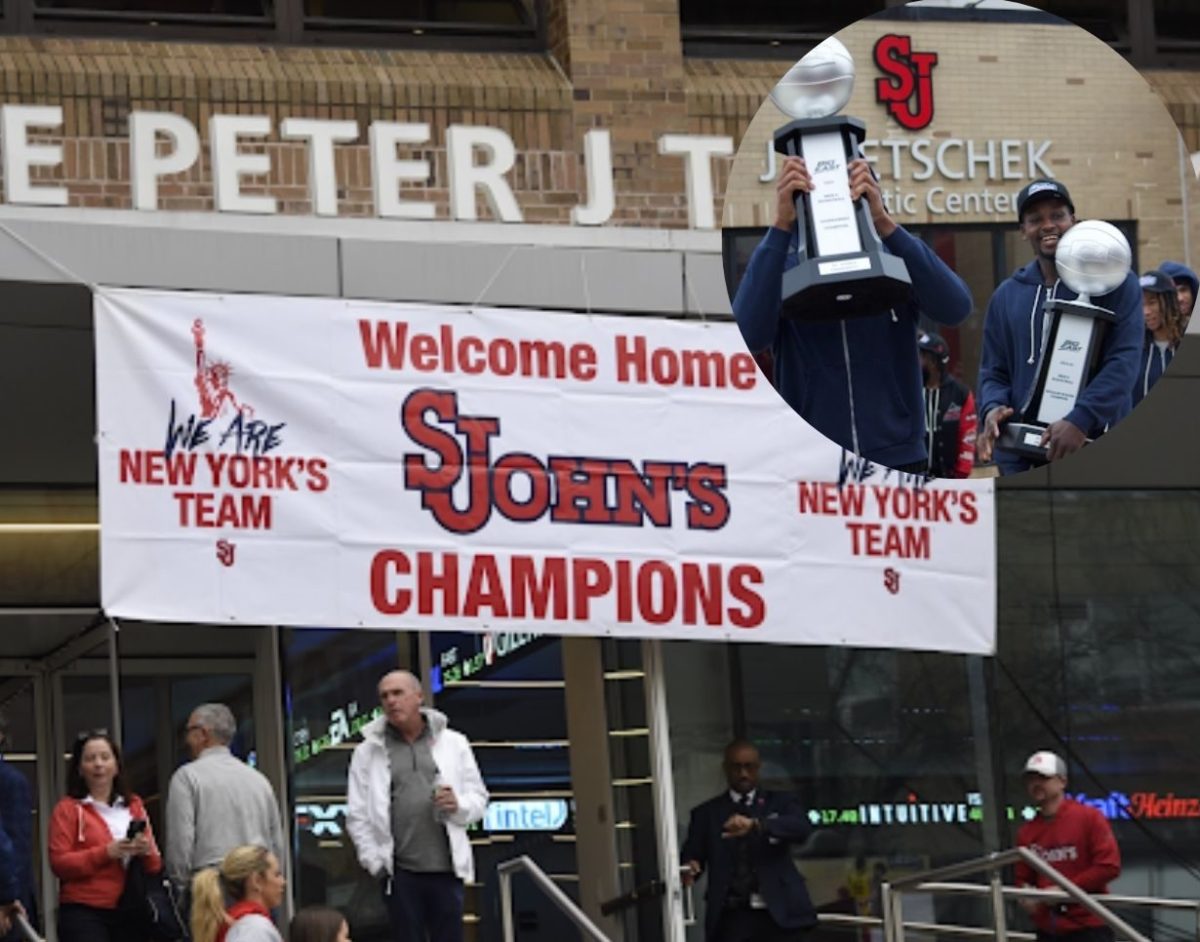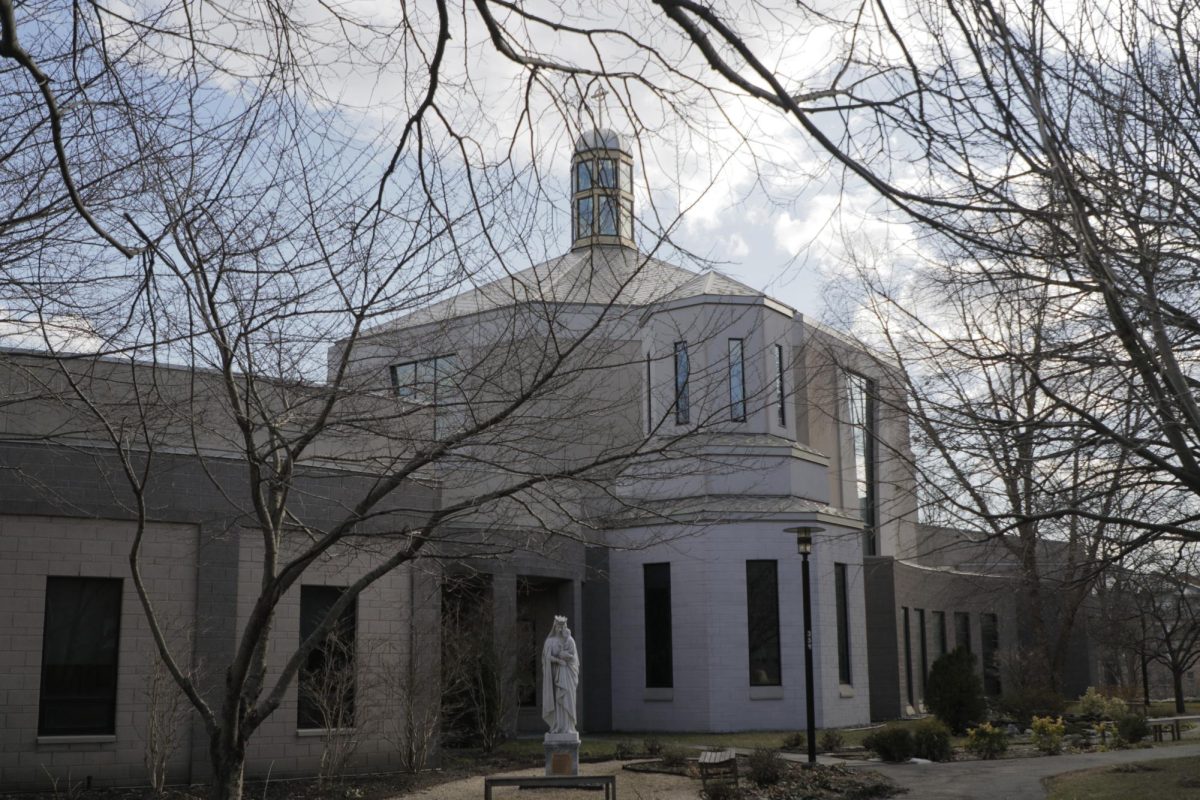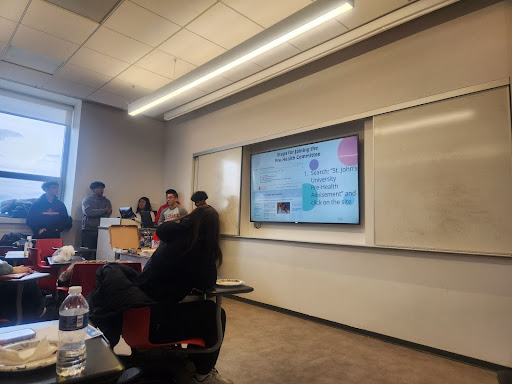Controversy stirred along the West Coast after a traveler caused a measles outbreak in Disneyland. The identity of the traveler is unknown. However, according to the California Department of Public Health, it was most likely an international traveler who brought upon the outbreak, because measles was eradicated in the United States in 2000.
While there were a few cases in New York and North Carolina as early as 2008, the rate of cases increased to a concerning level from May 23, 2014 to Jan. 1 with 288 cases.
The outbreak in the California amusement park on Jan. 21 led to the infection of 59 individuals and continues to spread. As of Jan. 23, 68 people across 11 states have contracted measles in 2015 alone. Just eight days later, 34 more people across 14 states have fallen ill, stated the Huffington Post.
The number of cases now totals 102.
The CDC recently issued a health advisory to advise all health departments to “prepare for a multi-state outbreak.”
According to the CDC, measles is contracted when susceptible people come in contact with the infected. The disease is highly contagious and can be spread through airspace in which the infected person(s) coughs or sneezes. While the disease is highly contagious, it is almost completely preventable through vaccination.
The CDC explains that since eradication in the United States, people have begun to “refuse vaccines for religious, philosophical or personal reasons.” There is also a small segment of the population that cannot be immunized for health reasons, such as patients undergoing cancer treatment.
Assistant professor of scientific inquiry at St. John’s University, Dr. Jonathan H. Fowler said “there are some people who have valid, religious concerns” in regards to vaccination.
However, he further explains, “When you choose not to vaccinate yourself, you affect other people because it’s a communicable disease. Certainly the religious exemption has been abused by people who erroneously believe vaccines are linked to autism or other developmental diseases.”
Physicians everywhere strongly support vaccination. Vaccination not only prevents individuals from becoming infected, but also protects the community.







